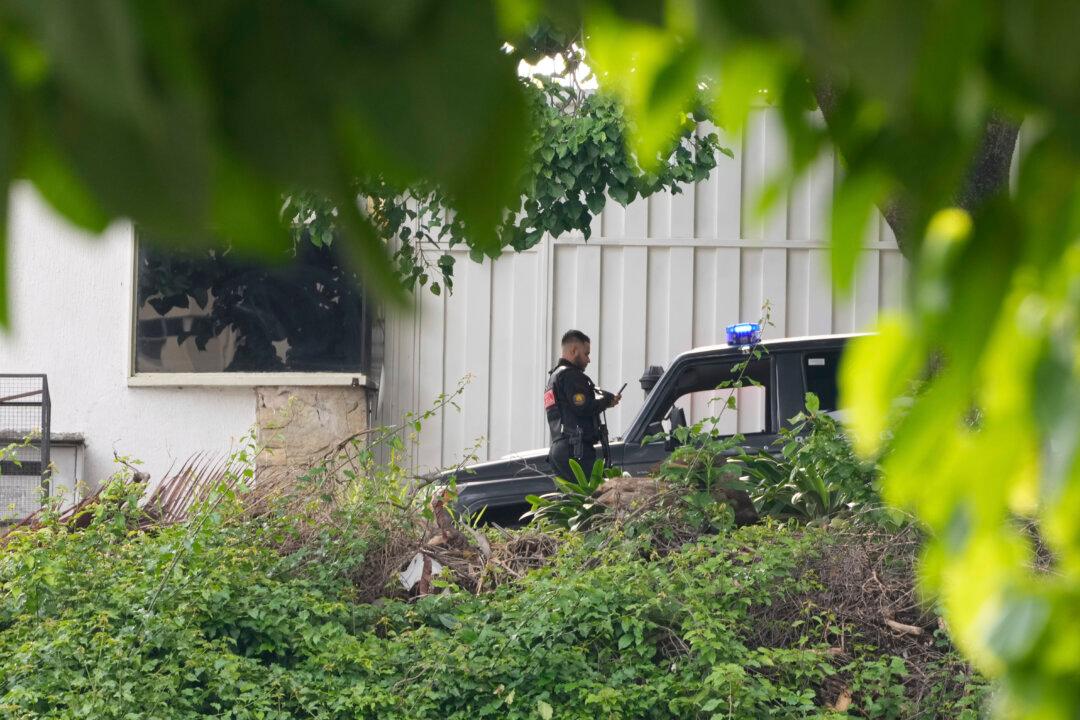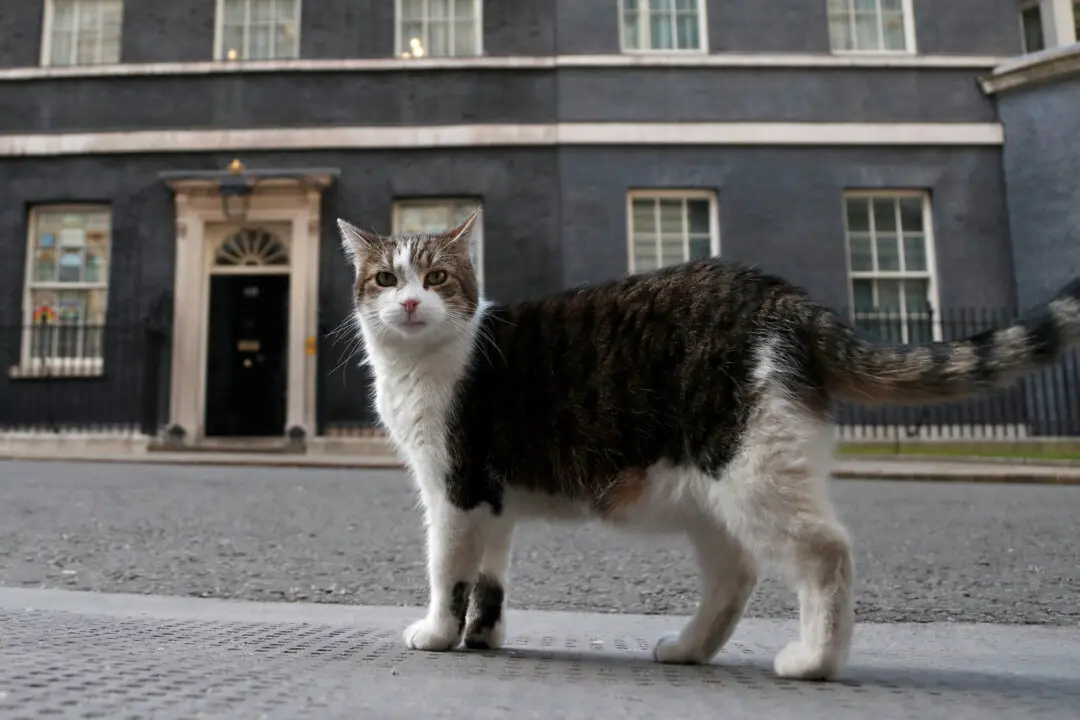CARACAS, Venezuela—Venezuela’s government said Saturday that Brazil can no longer represent Argentina’s diplomatic interests in the country, putting several anti-government opponents holed up for months in the Argentine ambassador’s residence seeking asylum at risk.
Venezuela’s foreign ministry said in a statement that it had notified Brazil of its decision, which will take effect immediately. It said it was forced to take action based on what it called evidence—which it hasn’t shared—that those who sought refuge in Argentina’s diplomatic mission were conspiring to carry out “terrorist” acts, including the assassination of President Nicolas Maduro and his vice president.





